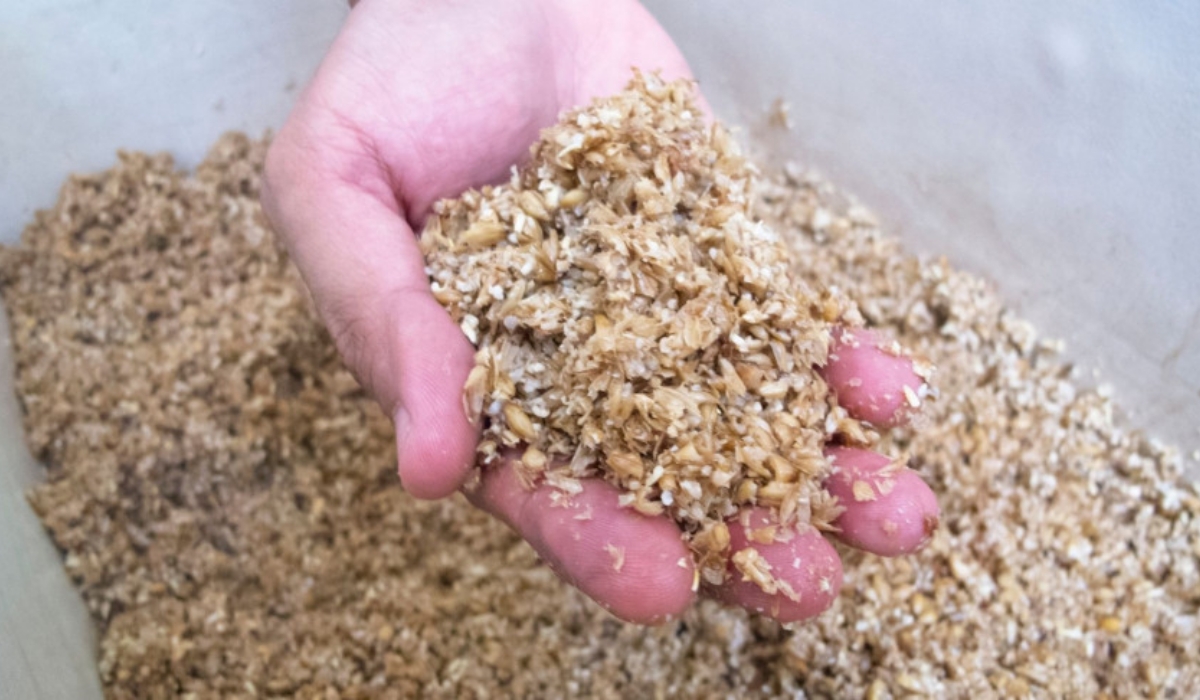
The American Chemical Society (ACS) is a nonprofit organization chartered by the U.S. Congress. ACS’ mission is to advance the broader chemistry enterprise and its practitioners for the benefit of Earth and all its people. They have created a new way to extract the protein and fiber from brewer’s spent grain and use it to create new types of protein sources, biofuels and more.
“There is a critical need in the brewing industry to reduce waste,” says Haibo Huang, Ph.D., the project’s principal investigator. His team partnered with local breweries to find a way to transform leftover grain into value-added products. ACS Spring 2021 is being held online April 5-30. Live sessions will be hosted April 5-16, and on-demand and networking content will continue through April 30. The meeting features nearly 9,000 presentations on a wide range of science topics.
“Spent grain has a very high percentage of protein compared to other agricultural waste, so our goal was to find a novel way to extract and use it,” says Yanhong.
In order to transform waste into something functional, Huang and He developed a novel wet milling fractionation process to separate the protein from the fiber. The new process is more efficient because the researchers do not have to dry the grain first. They tested three commercially available enzymes — alcalase, neutrase and pepsin — in this process and found that alcalase treatment provided the best separation without losing large amounts of either component. After a sieving step, the result was a protein concentrate and a fiber-rich product.
Through this process, up to 83 percent of the protein in the spent grain was recaptured in the protein concentrate. Huang and He have started to explore using the protein as an ingredient in food products, catering to the consumer demand for alternative protein sources.
The team is also fostering plans to work on scaling up the process of separating the protein and fiber components to keep up with the volume of spent grain generated at breweries. They are also working with colleagues to determine the economic feasibility of the separation process, as the enzymes currently used to separate the protein and fiber components are expensive. Huang and He hope to find suitable enzymes and green chemicals to make this process even more sustainable, scalable and affordable.
To access the 2021 spring conferences, click here.
